混合动力轻型客车车架总成设计及关键件强度与刚度计算毕业论文
2020-04-15 17:34:59
摘 要
随着科技的发展和人民生活水平的改善,我们对客车的各项性能要求不断地提高。发动机、车身、底盘、电气电子设备各司其职,发挥了不同的作用。其中,车架可以说是汽车结构中最为复杂的受力部件,其强度和刚度分析对整个汽车的承载能力和抗变形能力至关重要,此外,基于强度和刚度分析的车架结构优化对整车的轻量化也有很大作用,既能节省材料也能改善整车的动力性和经济性等性能。
本文以某混合动力轻型客车作为模型,先用CATIA对车架进行逆向建模,然后利用hyperworks这个有限元分析软件在车架总成三维实体模型的基础上,进行网格化处理,接着以实体工况为加载边界条件,进行车架总成关键件的强度刚度计算。在此次设计中,我们已知模型车辆的相关数据,利用 CATIA 和 CAD 得到三维及二维图纸,在hyperworks的帮助下,结合实际情况,我们可以对客车车架进行改进。最后,再对结果进行分析与评价。
关键词:客车车架 逆向建模 hyperworks 关键件 强度刚度分析
Finite Element Analysis of Hybrid Light Bus Frame Assembly
Abstract
With the development of science and technology ,as well as the improvement of people's living standards,we have improved the performance requirements of passenger cars continuously. The body,the engine,the chassis,and the electrical and electronic equipment play different roles [1]. Among them,the frame can be said to be the most complicated force component in the structure of the car,and the analysis of strength and stiffness is essential for the load-bearing capacity and deformation resistance of the entire vehicle. In addition,he frame structure optimization based on the analysis of strength and stiffness also plays a large role in the weight reduction of the entire vehicle,saving material and improving the dynamic and economic performance of the vehicle.
In this paper,a hybrid light-duty passenger car is used as a model. CATIA is used to reverse-engineer the frame,and then hyperworks-a finite element analysis software,is used to mesh the three-dimensional solid model of the frame assembly, followed by physical work. Taking the physical condition as the loading boundary condition,we can calculate the strength and stiffness of the key components of the frame assembly. In this design,we know the relevant data of the model vehicle,use CATIA and CAD to get 3D and 2D drawings,and then,with the help of hyperworks, we can improve the bus frame based on the actual situation. Finally,the results will be analyzed and evaluated.
Keywords:bus frame;reverse modeling;hyperworks;key components; analysis of strength stiffness
目录
摘 要 I
Abstract II
第一章 绪论 1
1.1选题的研究意义 1
1.2客车车架的国内外研究现状 1
1.3车架简介 2
1.4车架的发展应用及分类 3
1.5 整车的基本参数 7
第二章 有限元分析方法 8
2.1有限元的概述 8
2.2利用有限元求解实际问题的基本步骤 8
2.3 hyperworks在结构分析中的作用 9
第三章 车架的有限元分析 14
3.1车架的有限元网格化处理 14
3.2结构静力学分析概述 17
3.3车架的有限元静力分析 18
第四章 车架三维模型转二维工程图 25
4.1 在CATIA 环境下将三维模型转化二维工程图 25
4.2 基于 CAD 的二维视图修整 28
第五章 有限元经济分析 33
第六章 总结 34
参考文献 35
致谢 37
第一章 绪论
1.1选题的研究意义
近些年来,互联网、计算机技术发展迅猛,各行各业都会借助二维三维的绘图软件去解决实际问题,特别是当生产大型高科技产品时,例如高铁、汽车、家用电器等工业产品,它们显得尤其重要。汽车是一件多模块化设计的现代科技产品,它的结构复杂,开发流程繁琐,工作量极大,开发的技术人员需要借助于先进的CAD/CAE技术,才能大大减少工作量,提高生产效率和产品质量。目前,有限元分析贯穿了绝大部分设计制造,各个领域的产品设计水平均发生翻天覆地的改变[2]。
我们知道,在汽车领域,从基础的线性、弹性部件分析到汽车结构中很多的非线性问题分析,再到现在汽车的疲劳寿命分析、强度刚度分析、振动噪声分析、空气动力学分析、碰撞分析等,有限元技术CAE几乎可以说是涵盖所有环节[3]。作为汽车结构中最为复杂的受力部件--车架(包括承载式车身),它的强度和刚度分析对与整个汽车的承载能力、安全性能和抗变形能力来说都至关重要,此外,基于强度和刚度分析,我们可以对车架进行结构优化,最终有利于整车的轻量化,从而提高汽车的经济性和动力性。
以上是毕业论文大纲或资料介绍,该课题完整毕业论文、开题报告、任务书、程序设计、图纸设计等资料请添加微信获取,微信号:bysjorg。
相关图片展示:
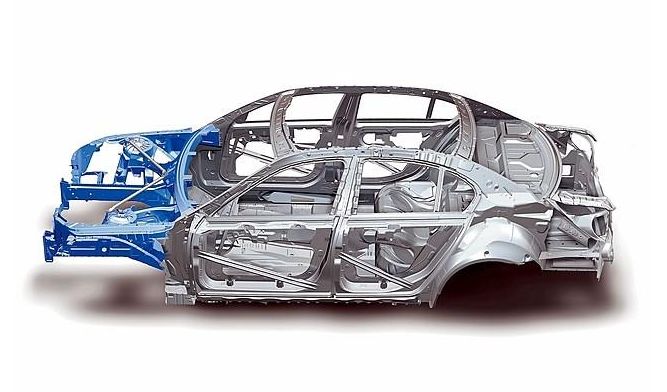
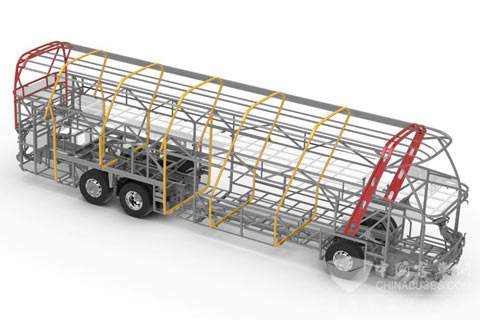

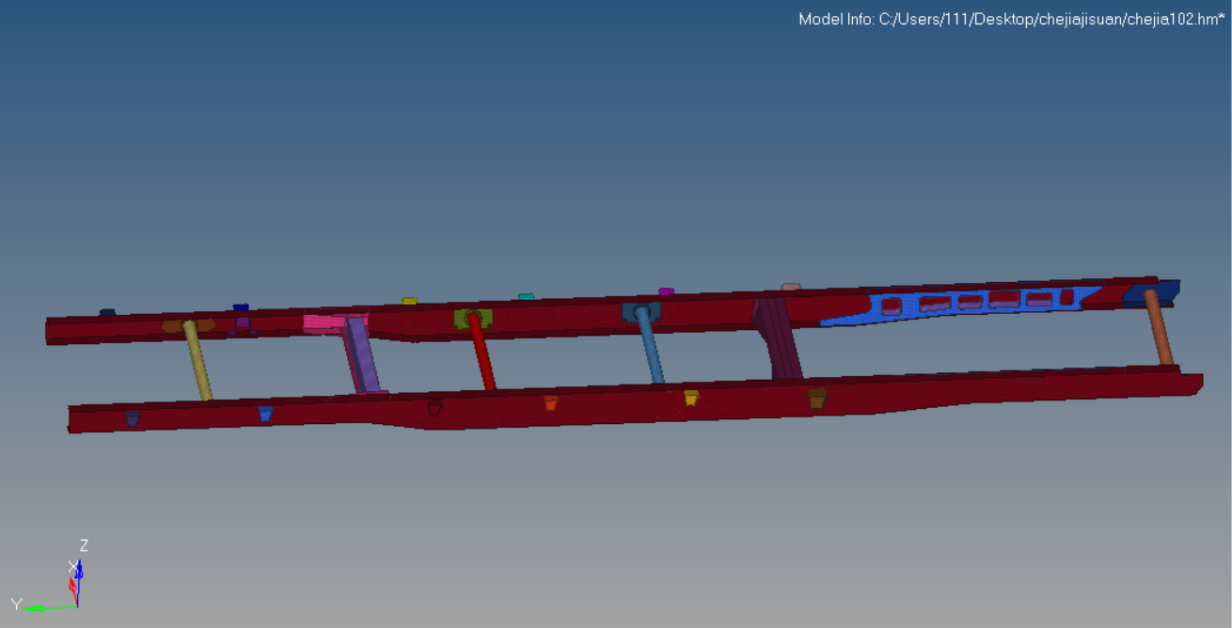
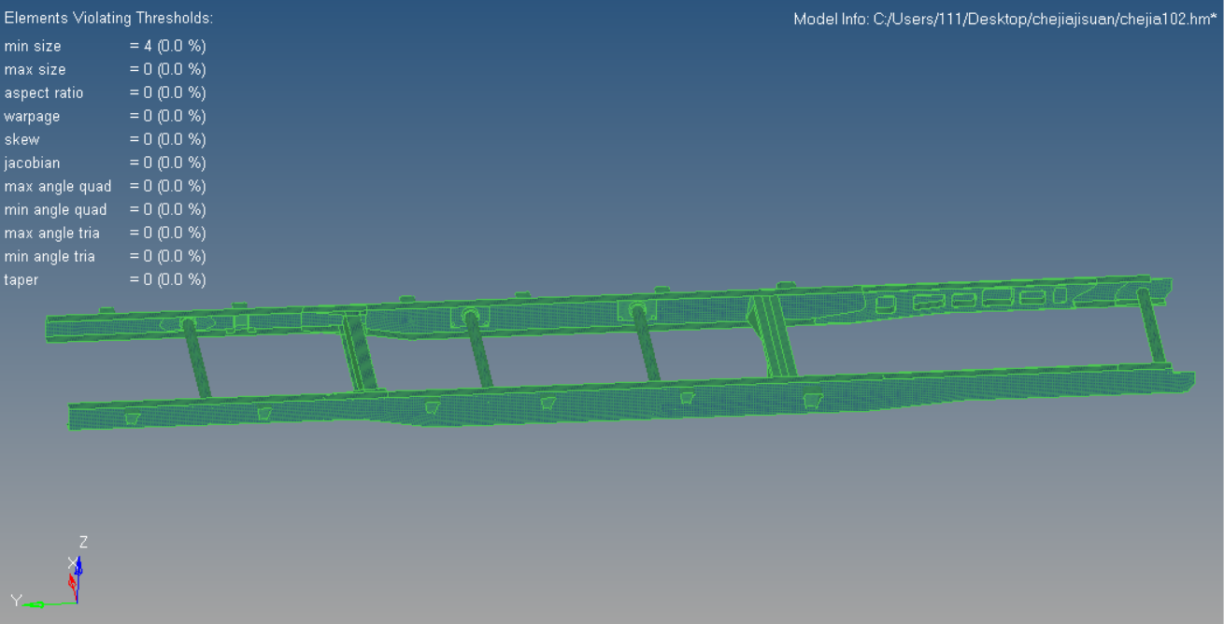

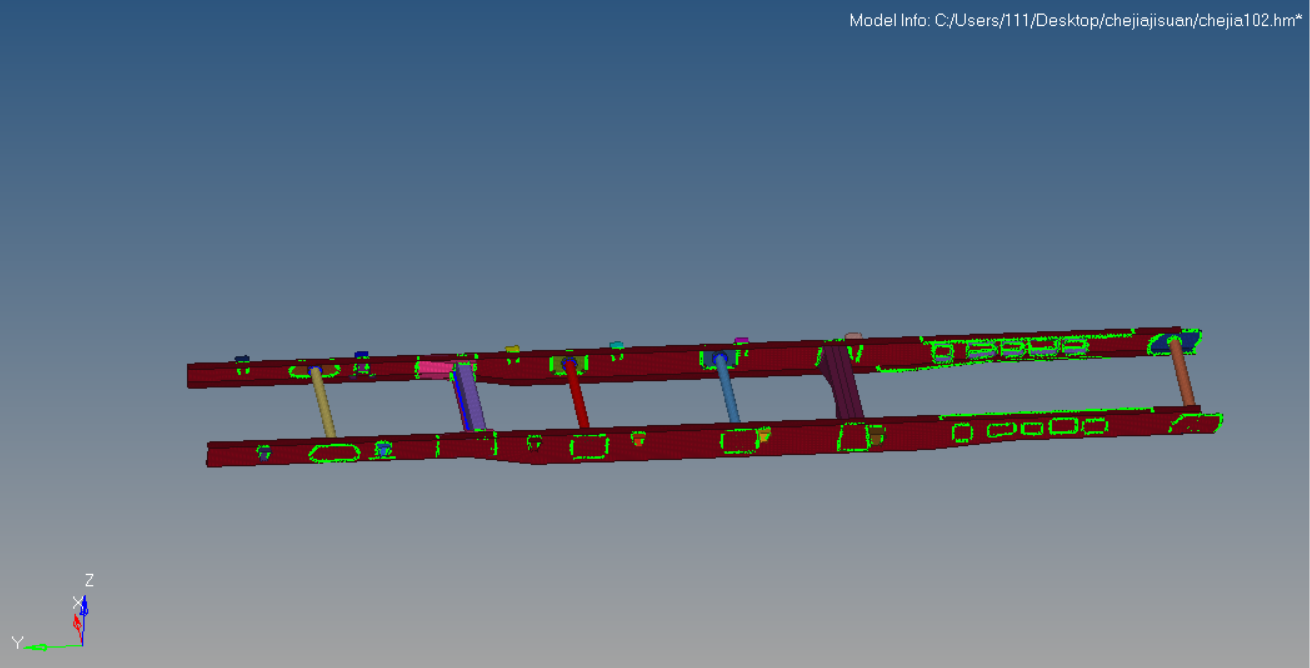
课题毕业论文、开题报告、任务书、外文翻译、程序设计、图纸设计等资料可联系客服协助查找。



